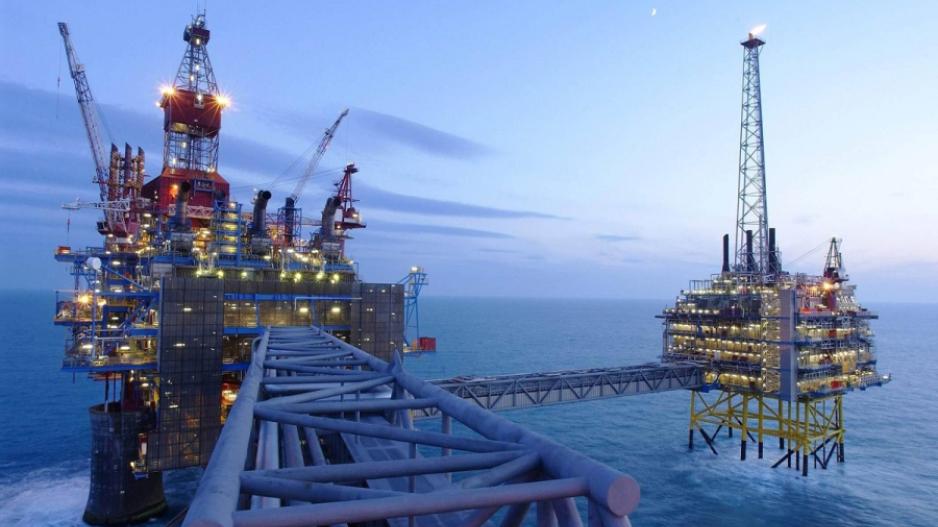Cyprus EEZ: Gas Exploration Licenses for Blocks 2, 3, and 9 Expire Without Renewal
Limited Findings Lead to KOGAS Exit and Reduced Eni Holdings
The exploitation licenses for Blocks 2, 3, and 9 in Cyprus’ Exclusive Economic Zone (EEZ) have expired and were not renewed, as gas exploration efforts did not yield commercially viable deposits, Energy Minister George Papanastasiou confirmed today.
The expiration of these licenses marks the departure of South Korea’s state-owned company KOGAS from Cyprus' EEZ, as it held a 20% stake in the blocks. Following this development, Italy’s Eni, which led the consortium, retains rights to four blocks (6, 7, 8, and 11) in partnership with France’s TotalEnergies, compared to the seven blocks previously held.
Responding to a report from Middle East Economic Survey (MEES) regarding the return of rights for Blocks 2, 3, and 9 at the end of January, Papanastasiou confirmed that the licenses had indeed expired without renewal, as exploratory efforts failed to yield promising results for natural gas reserves.
“The exploitation licenses for these blocks have expired. In Blocks 2 and 9, where exploration and studies were completed, no promising signs of natural gas were found, so we did not renew them,” Papanastasiou stated. “The same applies to Block 3, where exploration was more limited.”
The Minister emphasized that license expiration was expected, as not all areas within Cyprus' EEZ were anticipated to contain viable hydrocarbon deposits.
The exploration licenses for Blocks 2, 3, and 9 were granted in January 2013 to a consortium comprising Eni Cyprus Limited and KOGAS Cyprus Limited, with TotalEnergies E&P Cyprus BV later joining.
Seismic surveys, both 2D and 3D, were conducted in the licensed areas, along with two exploratory drillings in Block 9. However, despite reaching significant depths—5,800 meters for the Amathusa-1 well and 5,485 meters for the Onasagoras-1 well—no commercially viable gas deposits were identified.
Exploration efforts in Block 3, initiated in 2018, faced disruptions from the Turkish Navy, adding further geopolitical complications to energy exploration in the region.






